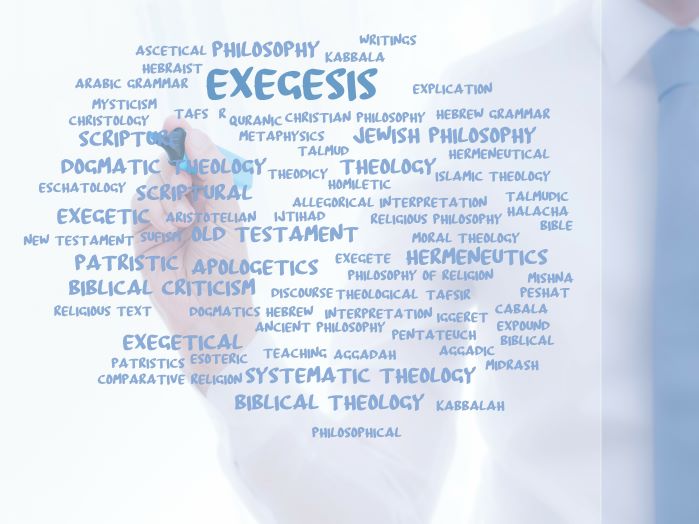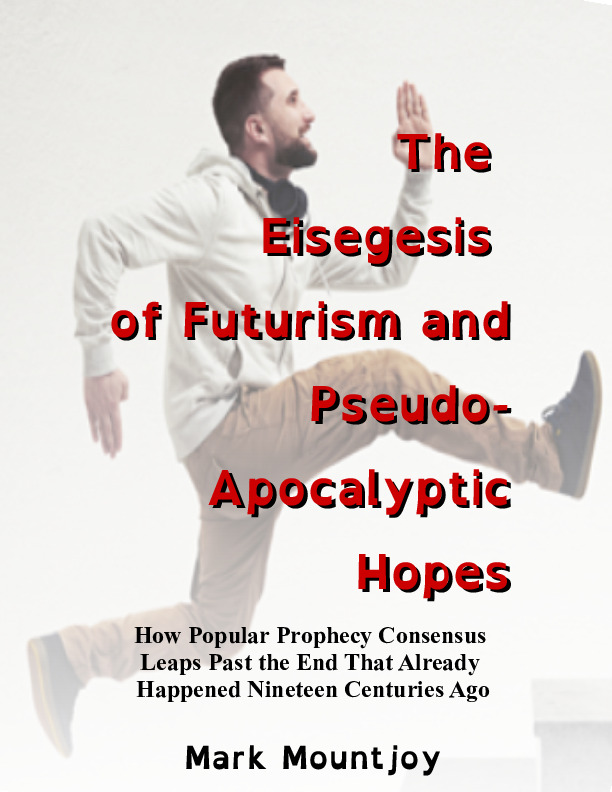
Exegesis is the Explanation of a Text or Passage According to Recognized Standards
by Mark Mountjoy
Exegesis, put simply, is the critical examination and interpretation of a text, especially in fields like literature, religion, history, and law. Its main aim is to uncover the intended meaning of the text as understood by its original authors. In exegesis, the interpreter endeavors to maintain objectivity, analyzing the text without personal biases or beliefs. The focus lies in understanding the text within its specific social, cultural, linguistic, and historical context. This involves scrutinizing details such as grammar, structure, genre, imagery, and linguistic patterns.
Throughout history, various exegetical methods have emerged, including source criticism, historical-critical analysis, redaction criticism, and socio-rhetorical criticism. However, they all share the premise that a text holds an objective, true meaning rooted in its original context. Exegesis contrasts with eisegesis, where interpretations reflect the interpreter's own perspectives rather than the text's intended meaning.
In Biblical exegesis, the goal is to elucidate the meaning of scriptural passages as intended by the human authors for their audience, considering historical, literary, and linguistic influences. Attention is given to the original languages' grammar and how contemporary audiences would have understood the messages. The Bible is viewed as having dual authorship - divine and human. Exegesis primarily focuses on determining the human author's intent, safeguarding against eisegesis based on theological presumptions or denominational perspectives.
Different exegetical approaches exist, ranging from higher criticism analyzing sources to lower criticism examining grammar and syntax. The core effort remains reconstructing the original context to reveal meaning devoid of anachronistic assumptions.
Utilization of extra-Biblical sources such as archaeology, understanding of target audiences, and awareness of cultural norms inform reasonable inferences about the intended messaging. Exegesis enhances understanding and application by drawing out depth and dimensions from the text.
In summary, exegesis involves critical textual interpretation to elucidate original meaning and significance based on detailed linguistic and contextual analysis. It serves as a counterbalance to subjective eisegesis, striving for objective understanding of the author's intent.
Related
[Click the image to review]

